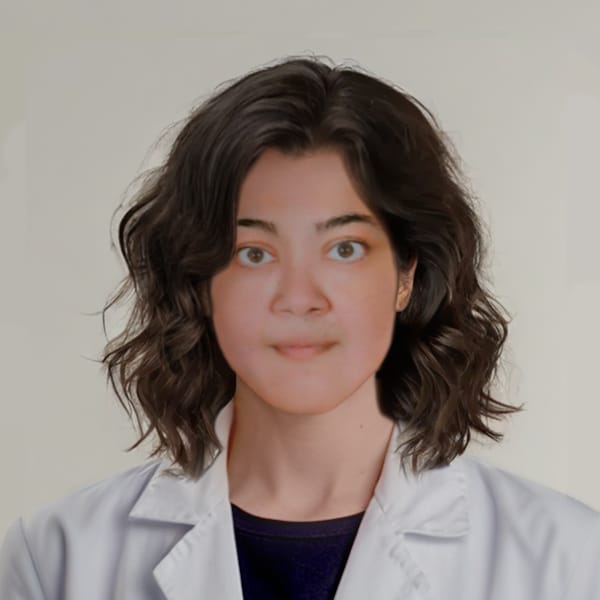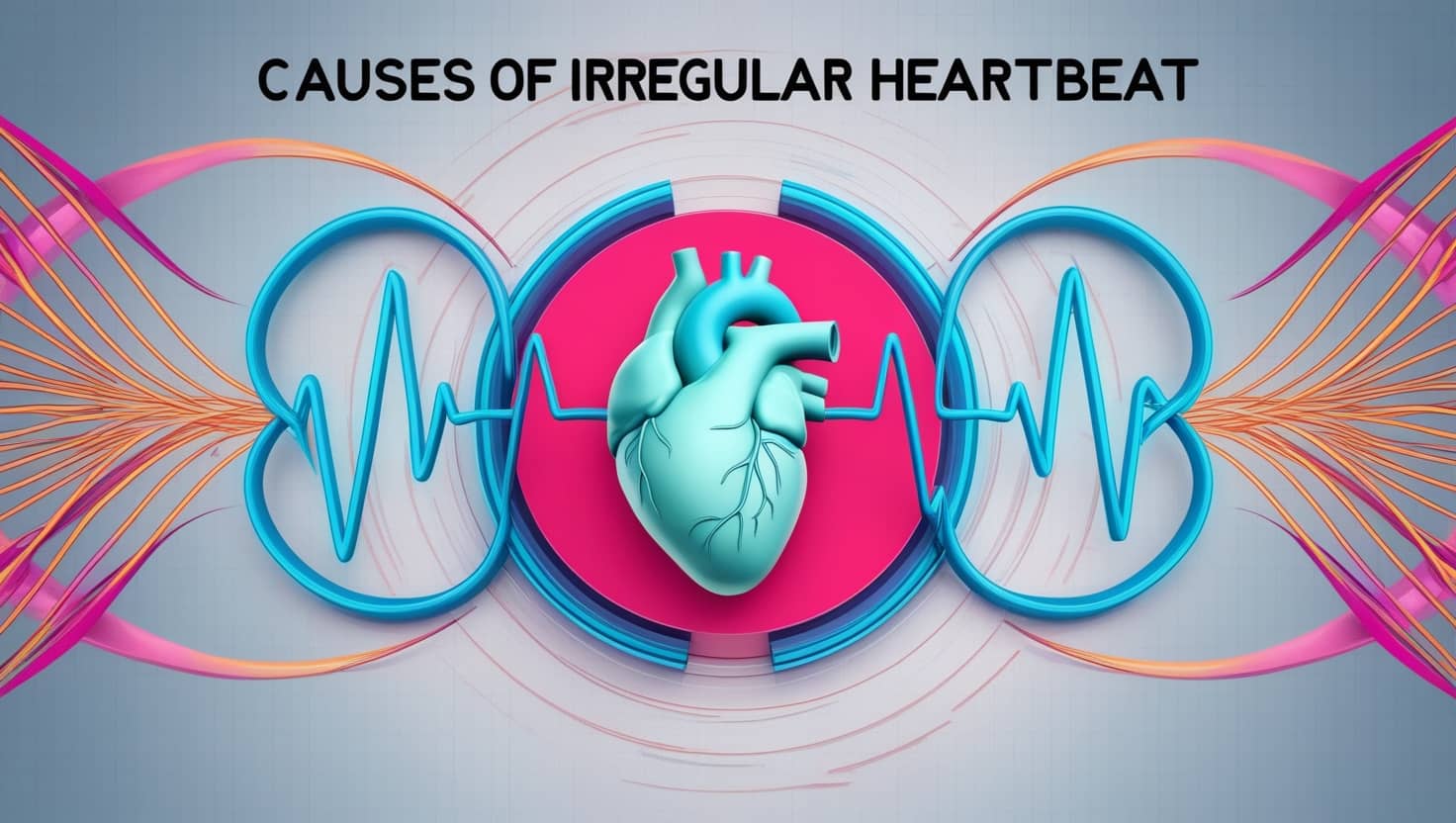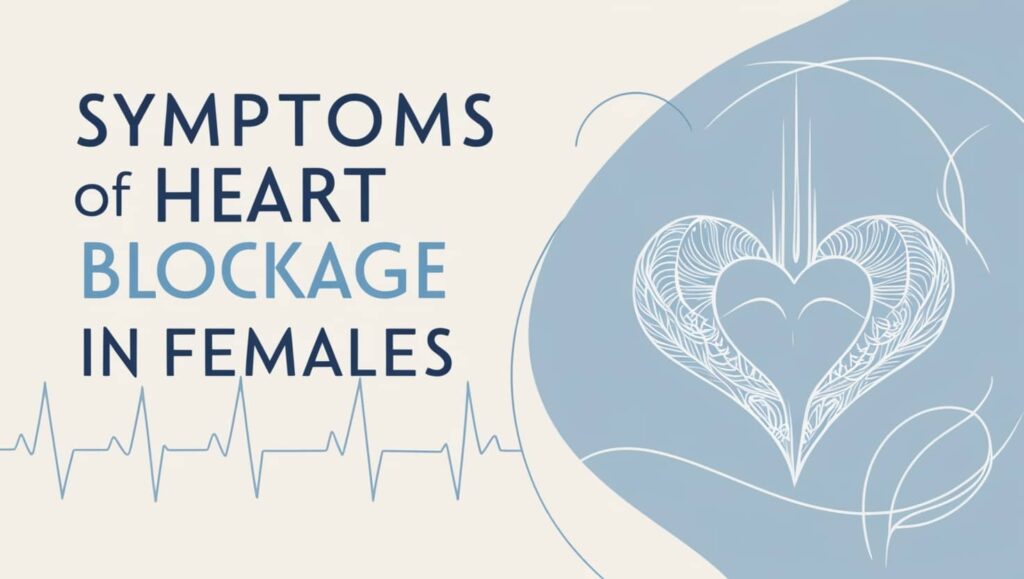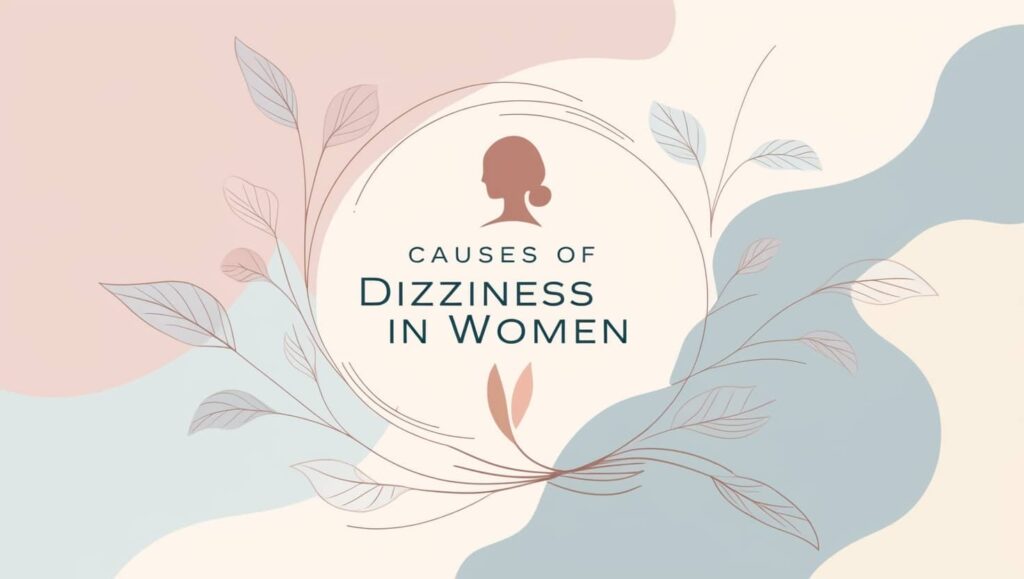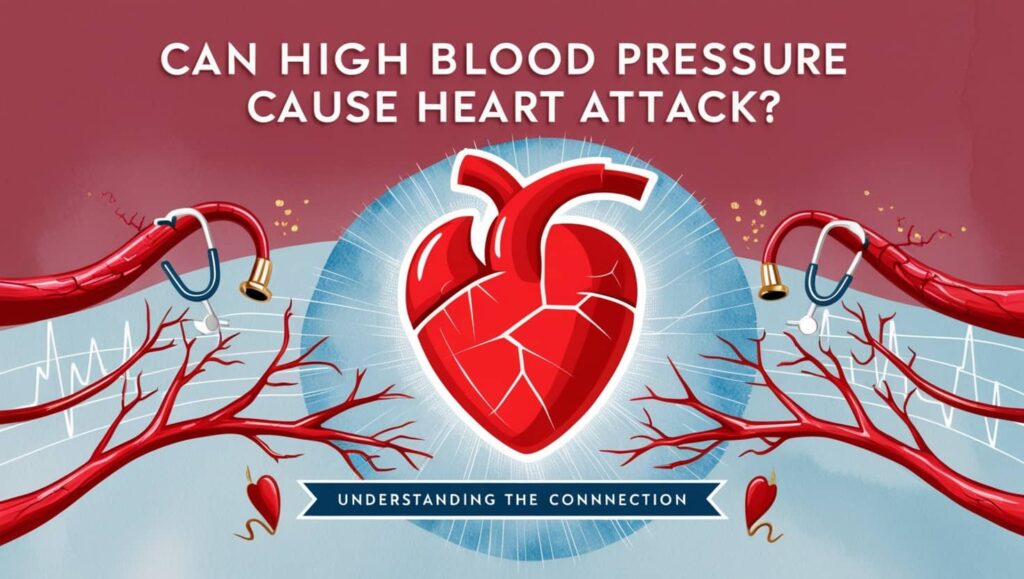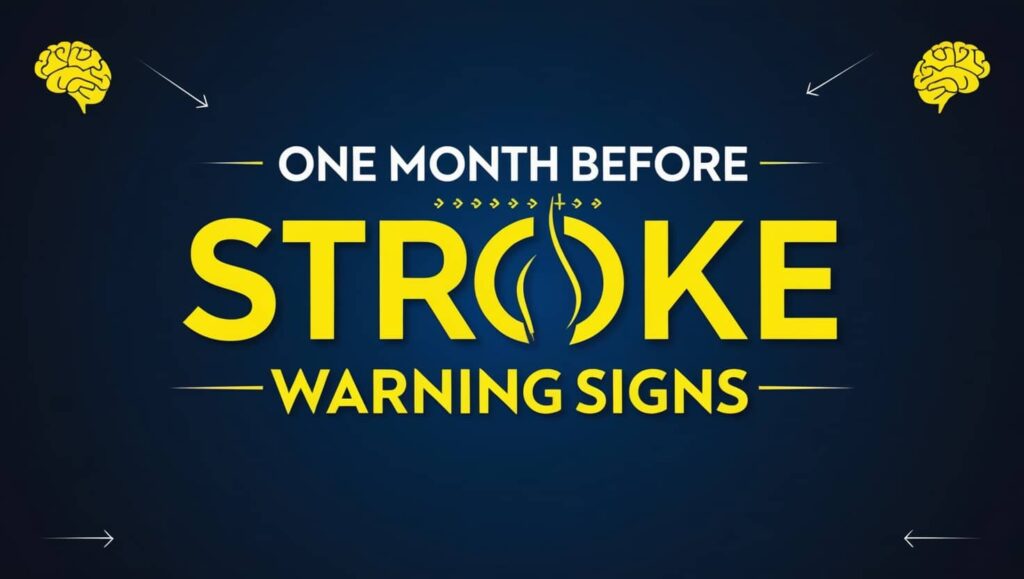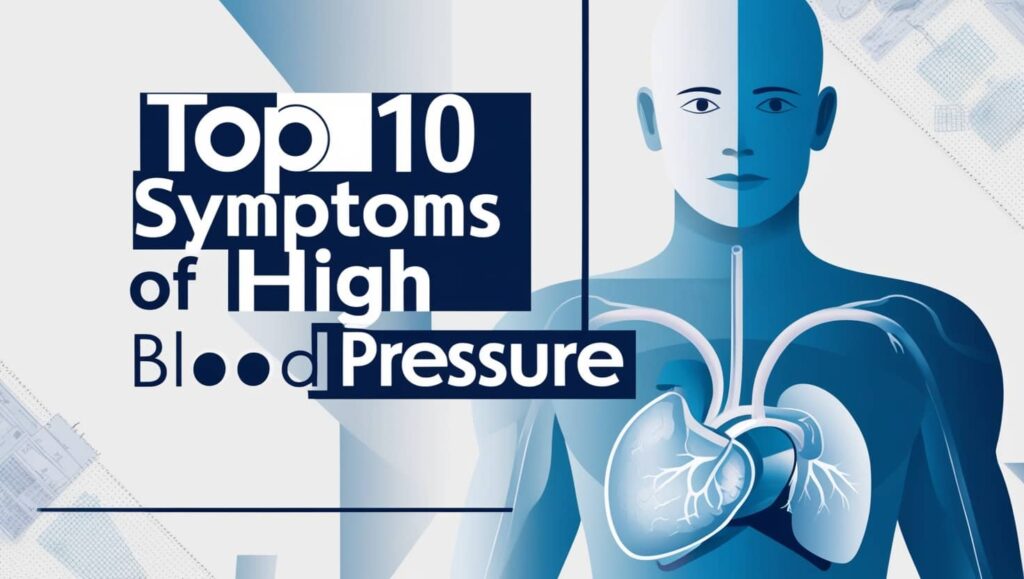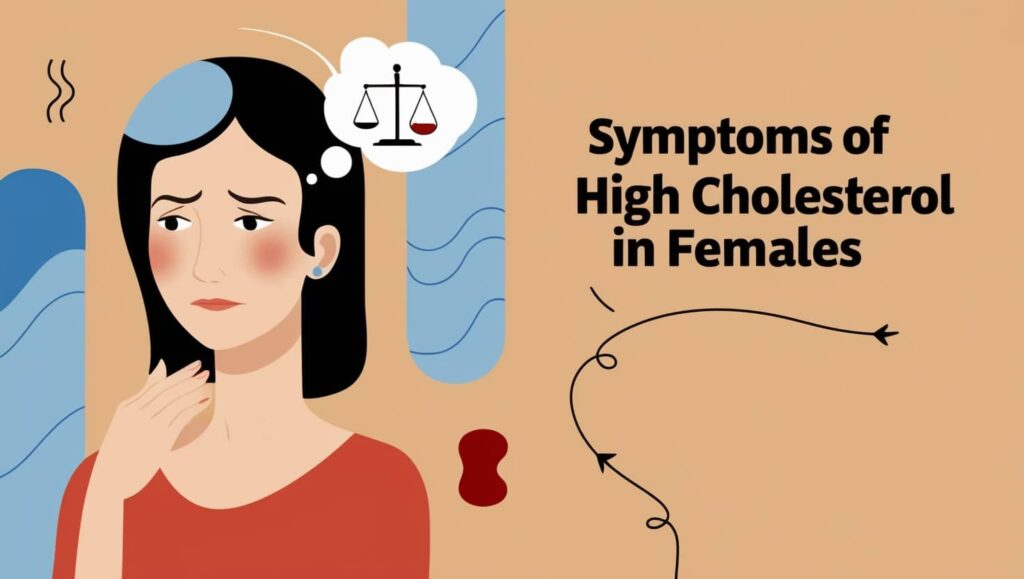The heart’s regular pumping action is essential for delivering oxygen and nutrients to the body’s organs.
Disruptions to this rhythm, called arrhythmias, can range from benign to life-threatening.
Causes of Irregular Heartbeat include coronary artery disease, heart failure, congenital heart defects, valve disorders, and cardiomyopathy.
This article will delve deeper into these and other potential causes.
Common Medical Conditions Leading to Arrhythmia
There are many causes of irregular heartbeat, the most important of which are heart disease and thyroid problems. The following are these causes in detail:
- Coronary artery disease: This means blockage or narrowing of some of the arteries in the heart.
- Heart attack: This results from damage to the heart muscle.
- Heart failure: The inability of the heart to pump blood effectively.
- Cardiomyopathy: One of the health problems that affect the heart muscle.
- Congenital heart disease: These are congenital heart defects that appear at birth.
- Hyperthyroidism: This is an increase in the production of thyroid hormone.
- Hypothyroidism: This is a decrease in the production of thyroid hormone.
Other conditions:
- Kidney disease.
- Lung diseases, such as chronic obstructive pulmonary disease.
- Sleep apnea.
- Viral infections such as influenza or COVID-19
- Imbalance in electrolyte levels such as potassium, magnesium, or sodium.
- (National heart lung and blood institute, n.d.)
Lifestyle Factors That Contribute to Heart Rhythm Changes
Lifestyle factors that can contribute to heart rhythm changes include:
- Smoking.
- Excessive alcohol consumption.
- A diet high in saturated fats, sodium, and processed foods.
- Strenuous physical activity or sudden changes in physical activity level can lead to heart rhythm disturbances.
- Chronic stress and anxiety greatly affect heart rhythm, leading to heart rhythm disturbances.
- Sleep apnea, a condition in which breathing repeatedly stops and starts during sleep, is strongly linked to an increased risk of atrial fibrillation.
- Excessive caffeine intake can cause temporary palpitations or irregular heartbeats in some people.
Triggers that may lead to temporary irregular heartbeats include:
- Low or high blood sugar levels.
- Caffeine, illicit drugs, and medications that increase alertness or energy.
- Vomiting or coughing.
- Dehydration.
- Physical activity.
- Severe emotional stress, anxiety, anger, pain, or surprise. (Stanford University School Medicine, n.d.)
When to Consult a Doctor for Heart Palpitations
– Consult your doctor if you experience frequent heart palpitations, if they last for more than a few minutes, or if they are accompanied by other symptoms such as shortness of breath or chest pain.
This can be explained in detail as follows:
- Frequency: If you experience heart palpitations more than once a week or feel that the problem has become recurring and increasing in frequency.
- Duration: If the palpitations last for several minutes or last longer than that.
- Accompanying symptoms: If you experience accompanying symptoms such as chest pain, dizziness, fainting, or severe shortness of breath.
- Medical history: If you have a known heart condition, or have a family history of heart disease, or have risk factors such as high blood pressure or diabetes.
You should seek immediate medical attention in the following cases:
- If you feel severe chest pain.
- If you suddenly feel severe shortness of breath.
- If you experience rapid and irregular heartbeats with severe symptoms.
If you see someone who is unconscious and has an irregular heartbeat, call emergency services immediately.
References
- National heart lung and blood institute. (n.d.). Retrieved from Arrhythmias Causes and Triggers
- Stanford University School Medicine. (n.d.). Retrieved from Lifestyle Risk Factors for Heart Disease
